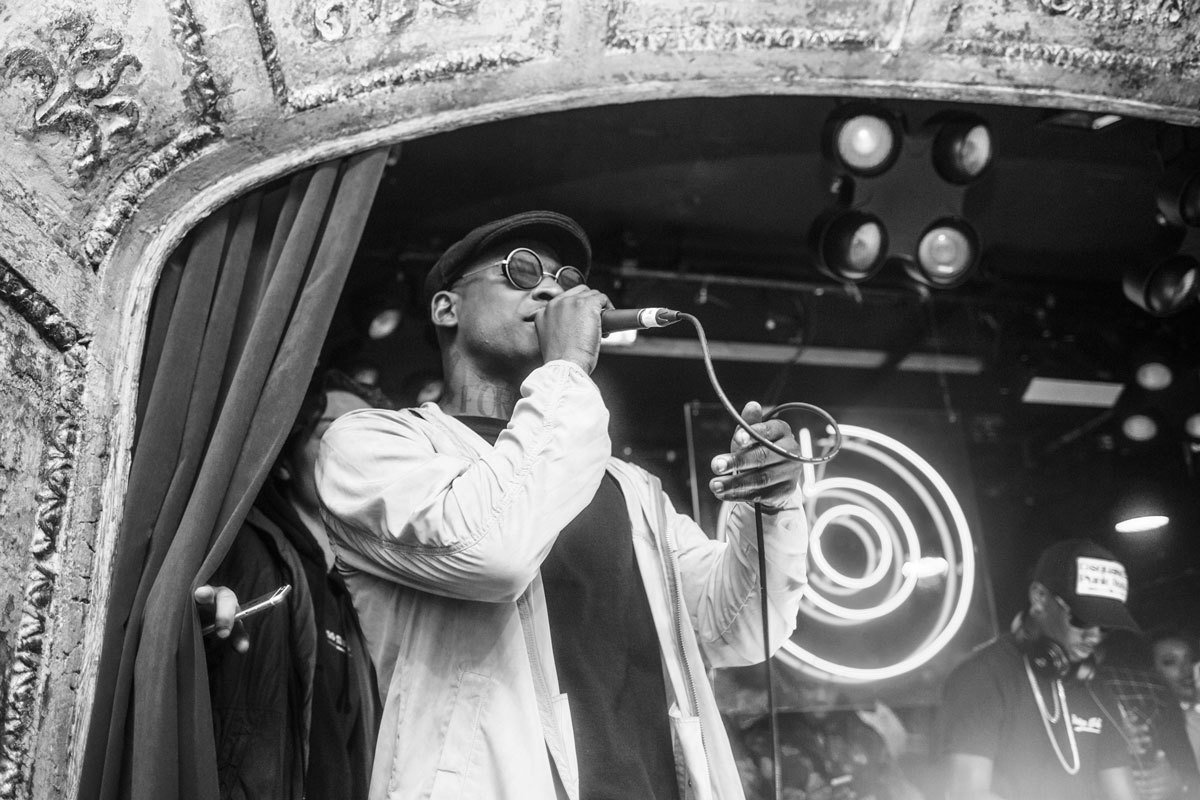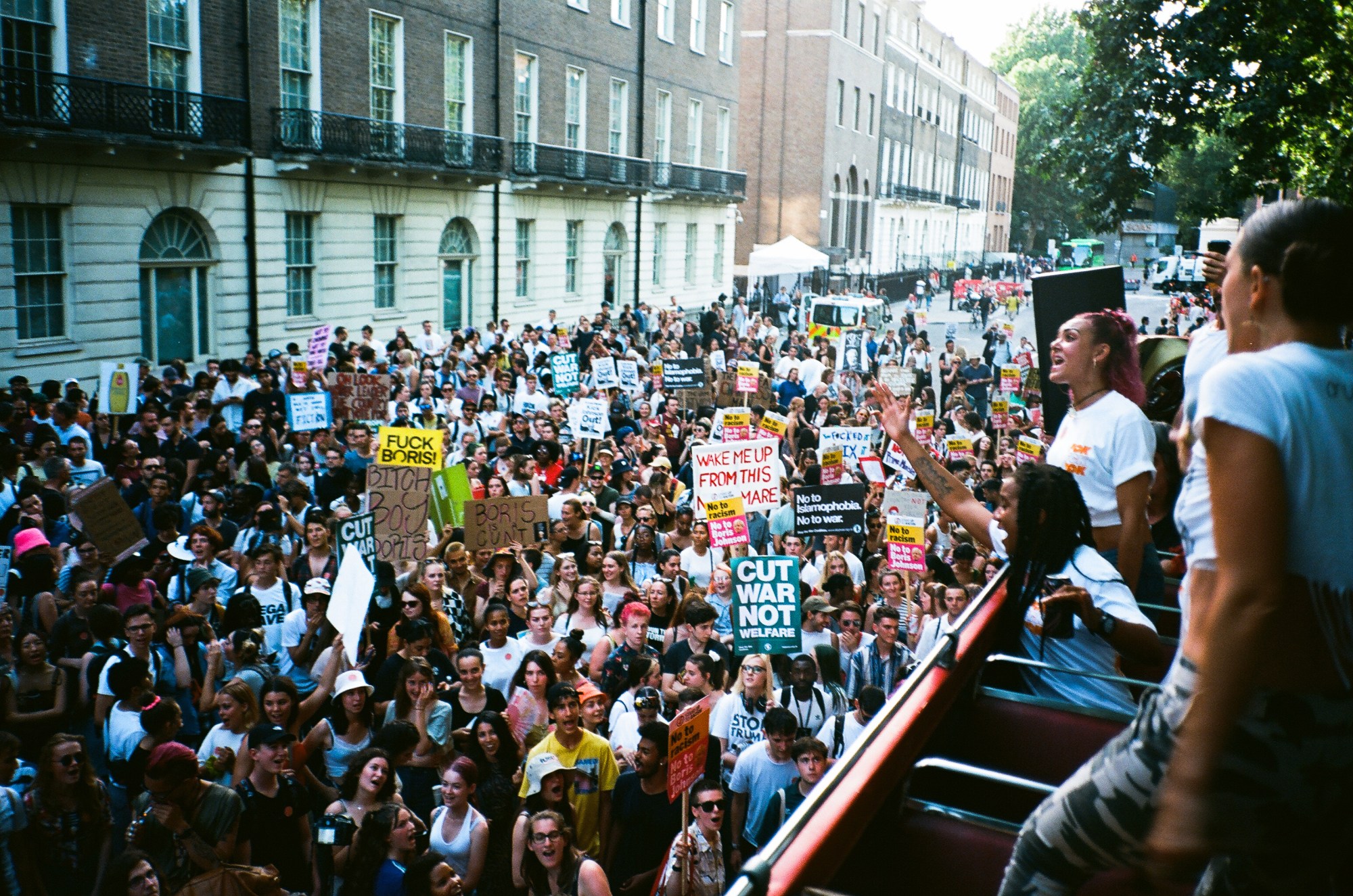As the 2010s reaches a close, commentators across the board are terming this the “lost decade”. Stagnant wages, dwindling numbers of people pursuing higher education, the faltering NHS and the many other harmful permutations of the government’s austerity programme, have all culminated in a climate that will be remembered for its general sense of malaise and discomfort.
Cultural output has not escaped the clutches of this regression, and while decades are broadly defined by their output of pop music, fashion, film and literature, the 2010s have lacked any kind of clear coherence or sense of identity. As we start to reflect on the importance of the past ten years, few moments, genres or trends stand out for being seminally important or having any kind of long-term cultural significance. As I argue in my book, Steal as much as you can, this is partly because the industries responsible for generating culture have doubled down on the interests of their middle-class consumer base, and hired almost exclusively from a small minority of private school graduates; thereby skewing the way that reality has been presented back to us, in films, TV shows and music which bear no resemblance to the struggles that many of us faced.

There are a few exceptions to this rule. The first is the mainstream ascent of grime, which now constitutes one of the main pop cultural strains in Britain. The mainstream media is keen to use grime as evidence of its inclusive credentials, but its ascent was made far more fraught and arduous on account of a media climate that was ultimately hostile to black and working class voices. While it was a whole thirteen years between Dizzee Rascal winning the Mercury in 2003, and Skepta winning it in 2016, that didn’t stop the press from touting the genre as ‘emerging’ even just three years ago.
Meanwhile there have been the fleeting moments for movements such as PC Music, which another climate might have translated to a whole new genre of pop music and fashion with real mainstream cut-through, but which rarely made much appeal beyond its core audience of art school grads. Sure, there have been various streetwear and skate brands, which have somewhat depressingly been touted by magazines and websites as an alternative for culture. But to the extent that these are largely commercial enterprises, it still leaves a lot to be desired. And all this must be balanced against the proliferation of public school media figures – the inescapable succession of Cumberbatch pretenders, the steady march of floppy-haired comedians with Home Counties accents.
Those who wish to explain this without addressing the issue of bias and discrimination like to blame that common enemy: The Internet. To claim that subculture has died and the possibility for voices outside of the establishment to achieve mainstream prominence has been rendered impossible by an internet that makes trends and authentic movements a thing of the past. But there’s also the idea that time has been flattened by the internet, and that our ability to immediately access references from any period at the touch of a button has distorted the passage of time, making eras feel indistinct and ever-present. Added to this there’s the idea that neoliberal politics and economics has reduced our perception of reality to a succession of inevitable circumstances. But how does this explain the re-emergence of left-wing politics? A movement that was created at the grass-roots level, propelled by the internet and represented a clear break with the climate of despair, and malaise?
If the 2010s will be remembered for anything it will be this. Since Margaret Thatcher’s premiership in the 80s, we’d been sold the line that society — and by extension — culture no longer existed. It’s important to dwell on what this really means. If you’re reading this, the chances are that you believe that culture and leisure are fundamental parts of a functioning society. What else is there, if we’re required to work for the majority of our lives? But in dismissing society, Thatcher set off a chain of events that eroded any possibility for cultural expression, which is always the result of a collective experience and shared identity.
We have been living in this reality ever since, struggling against all odds to keep traces of a more authentic culture, alive in a climate of increasing marketisation — each of us working five different jobs, or being reduced to financial struggle, while fighting to write, or create music and art. Cultural expression has suffered as a result. And it is Thatcherite thinking that says this is unfortunate, but inevitable; that this thing that outlasts civilisations, and which we celebrate every time we set foot in a museum or pick up a classical text, is superfluous and unnecessary.
The fact is that economic hardship needn’t exist. And a huge number of young people who attended university and were exposed to ideas alternative to financialisation and marketisation, have realised this. And with the help of a few leading lights, they have been able to look past the rhetoric of inevitability, which states that austerity was necessary for ‘balancing the books’ which argues that our fate is dictated by technological progress and not regulation and collective ownership; and which throws its hands up and says “boo hoo” to climate change, while boarding its private jet.

Corbynism represented the first chink in the armour of Thatcherism, which has protected the financial industries and its profiteers from any real reproach for decades. I don’t want the next generation to face the hollow, insincere cultural climate that we faced. I want them to have clubs again and musical scenes and fashions that emerge from the fringes which find their way with glorious improbability onto the screens we sit around every night. There is such a thing as society after all, and it will be necessary for us to remember this in the fight against climate change, whose first defence will be a more equitable distribution of wealth and resources. The important work of the next decade will build on this idea, as we struggle to dismantle the hell-scape of late capitalism, rebuild our communities and galvanise them through cultural production that truly reflects the lived experiences of the majority.
